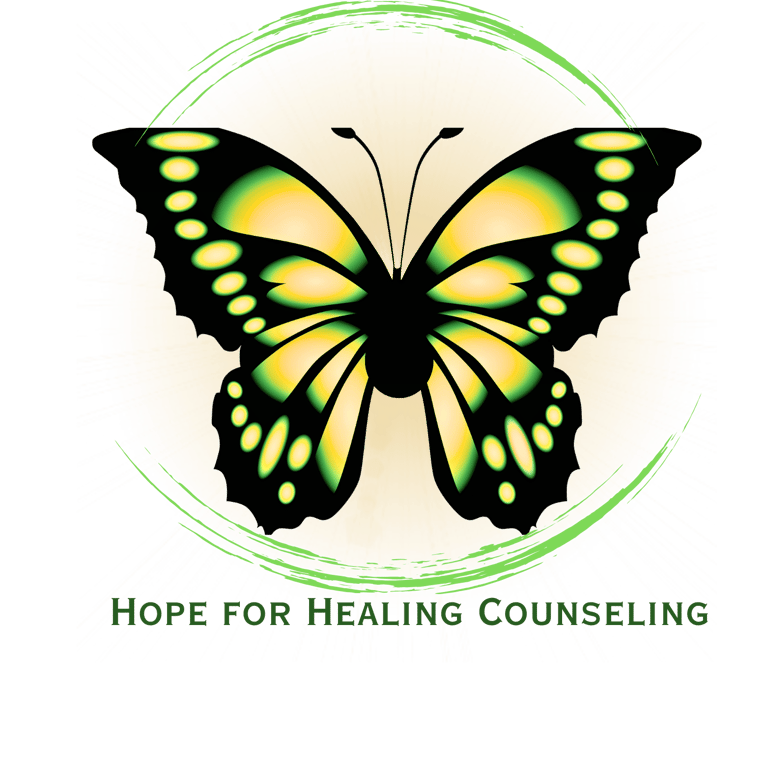A comprehensive evaluation of symptoms is essential for achieving an accurate diagnosis, allowing you to better understand common symptoms
associated with ADHD, and explore your real life challenges, and offer solutions to help you feel more balanced, less overwhelmed, and less anxious day to day.
Education on both symptoms and management strategies is an integral part in treatment providing you with the knowledge needed to navigate daily challenges effectively.
Additionally, developing social and organizational skills, and coping techniques is crucial, particularly for those who often feel overwhelmed.
By focusing on these areas, you can enhance your quality of life, build a supportive network, and cultivate resilience in the face of adversity.
Together, these elements create a holistic approach to management,
promoting overall well-being and empowering you to take charge of your wellness journey.
Individuals with ADHD often encounter several common challenges that can significantly impact their daily lives. These may include a tendency to become easily distracted from both work and home responsibilities, leading to feelings of being overwhelmed by routine activities.
Many also struggle with procrastination, finding it difficult to initiate or complete necessary tasks, which can be exacerbated by poor memory and concentration.
Establishing a balanced work/life routine may prove challenging, and emotional sensitivity can heighten stress responses, sometimes manifesting in aggressive words or behaviors.
Recognizing these signs can be the first step toward seeking appropriate support and strategies for managing the condition effectively.
ADHD Support, Counseling and Education
Comprehensive strategies and guidance for managing ADHD, enhancing focus, and improving daily functioning.
A few areas we assess in treatment:
Current and past medical conditions
Family History of diagnosis or symptoms
Length of time you've experienced symptoms, and if/when these symptoms became worse
What you eat and drink daily for nutritional considerations
Daily routine, wake time, work time, arrival home, night time routine
Frequency of self care, relaxation and social activities
Your individual challenges and personal goals
A few things you'll learn:
Learn and understand common symptoms of ADHD, diagnosis and treatment
How to improve your time management skills
Learn to identify your triggers that lead to negative responses and feeling overwhelmed
Education on medication management, should you choose to explore this option
Past and Present life experiences that may be impacting your thoughts, how you feel about yourself, and contributing to worsening symptoms
















